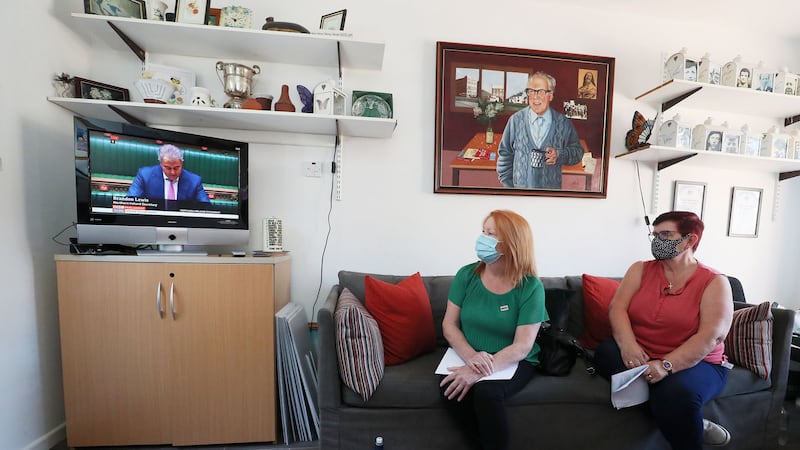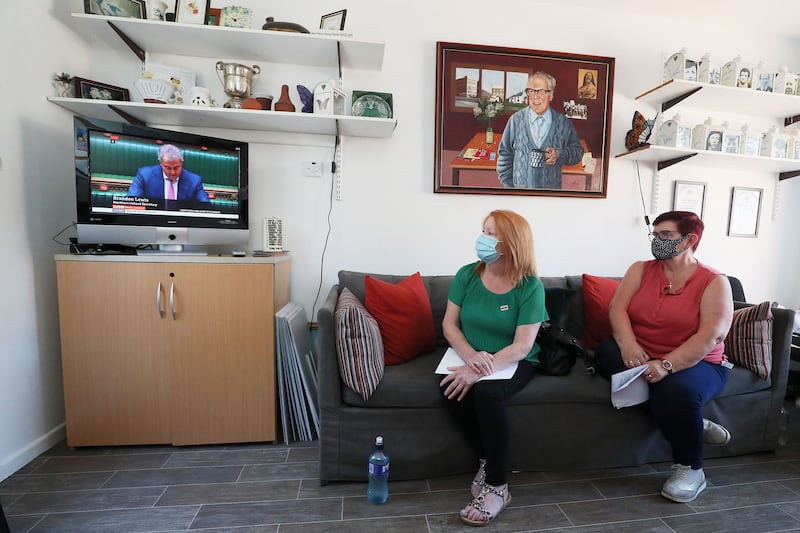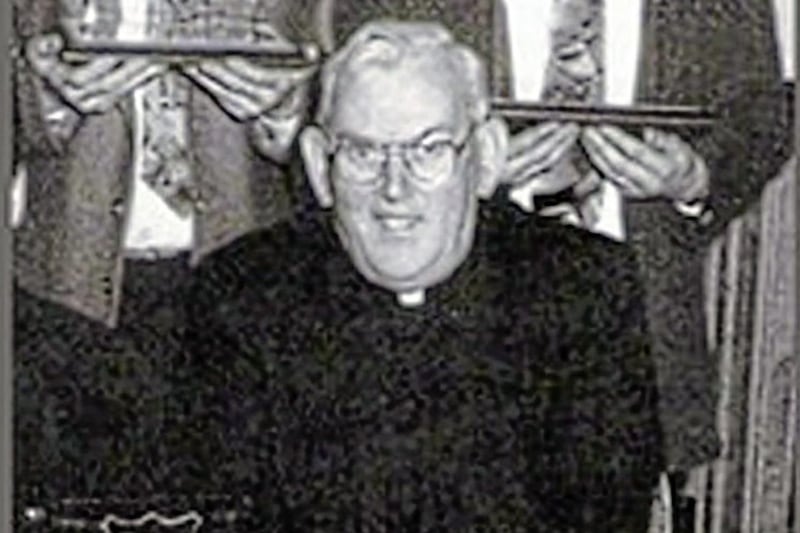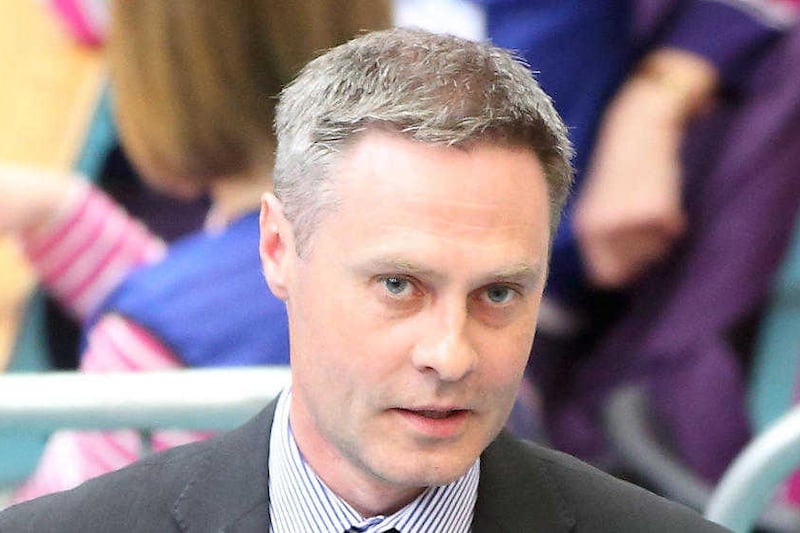Relatives say they will take legal action after the British government revealed plans to end inquests and civil court cases linked to the Troubles.
The controversial proposals are part of a blueprint that includes an amnesty for all those accused of offences prior to the 1998 Good Friday Agreement.
Secretary of State Brandon Lewis outlined key points of the Tory government plan at Westminster yesterday.
However, the proposal to end Troubles related inquests and the potential for recourse through the civil courts has come as shock to the relatives of victims.
According to the British government there are currently more than 1,000 civil claims against the Ministry of Defence (MoD), the Northern Ireland Office (NIO) and other state agencies.
There are currently 36 outstanding inquests relating to deaths before April 1998.
The family of Charles Fox (63) and his wife Theresa (53), who were shot dead in their home near Moy in Co Tyrone by a UVF gang in September 1992, last night criticised the proposals.
The couple's son Paddy said "Irish lives don't matter".
"The state recruited loyalist agents, armed them and let them carry out murder," he said.
"Now they have given them immunity from prosecution."
The Fox family have been waiting for an inquest into the double murder to begin.
A family member is also currently involved in civil proceedings against the PSNI, MoD and Secretary of State.
Mr Fox said his family intends to fight the proposals.
"We aren't surprised at this, the British government has always blocked any attempt by us to get an inquest," he said.
"Now we have one we aren't going to let them stop the truth from getting out.
"We have already spoken to our solicitors and we will fight this through the courts."
Mr Fox said a wide variety of people will be impacted by the plan.
"Ironically they have thrown the families of dead British soldiers, of police officers and innocent English civilians under the bus to protect a few ex-soldiers and loyalist agents," he said.
His solicitor Gavin Booth, of Phoenix Law, said the "proposals while vague in detail scream of bad faith by the British government.
"These proposals are not in keeping with the views of victims here," he said.
"The reality is that the British government as an actor in the conflict need to come to this process with clean hands and while they seek to continue to cover up the past and refuse victims a right to proper investigations, inquests, civil actions and other truth processes only seek to undermine their position amongst society here," he said.
"Families shouldn’t have their ongoing cases stopped because it suits the British government narrative."
Mark Thompson of Relatives for Justice branded the proposal "vindictive".
"This marks the single worst day for all victims during our peace process," he said.
"British Prime Minister Boris Johnson and Secretary of State Brandon Lewis have combined to assault the rights and sensibilities of victims and survivors from across our community."
A spokesman for the Public Prosecution Service said it will consider the detail of the proposals.
"In the absence of any new legislation coming into force, there will be no change to how we exercise our statutory functions," he said.
"We will continue to take decisions on cases submitted to us by investigating agencies and, where decisions to prosecute have been taken, we will seek to bring those cases to trial."
A spokeswoman for the office of the Lord Chief Justice said:" We will want to consider the statement accompanying paper published."





